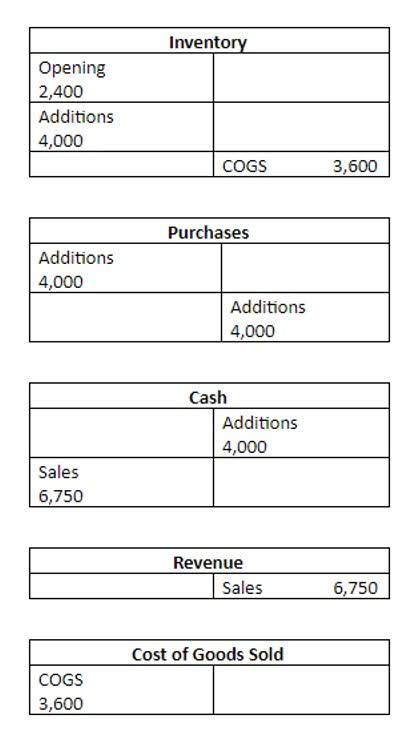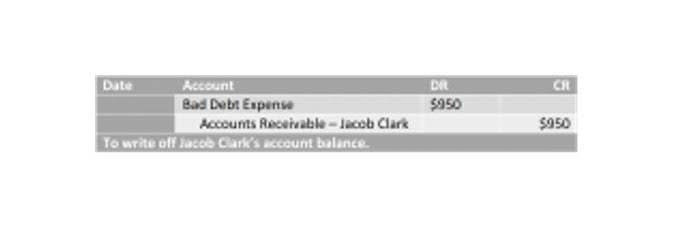
The individual owners or shareholders of a pass-through entity make estimated tax payments. Those are generally due on April 15, June 15, Sept. 15, and Jan. 15 of the following year. The business is responsible for collecting payroll tax from its employees. You must withhold FICA (Federal Insurance Contributions Act), social security, and Medicaid. The current payroll tax for an individual’s wages is 15.3%, half of which the employee pays, and the employer pays average taxes for small business the other half. Another important aspect of capital gains tax is understanding how it applies to your specific business situation.
- This means that regardless of income, C Corps are subject to a 21% tax rate on their taxable income.
- If you don’t pay enough estimated quarterly taxes, you‘ll likely owe when you file your business tax return.
- They are also taxed on the dividend income they receive—the so-called “double taxation” issue.
- Speaking to a tax professional can help you get more clarity on which taxes you have to pay and how to file excise taxes.
- These adjustments are being ignored in our calculation of the effective tax rate as they are very difficult to estimate the amount.
- Incorporating retirement plans into your strategy can yield substantial tax advantages for you and your employees.
Tips For Managing Your Business Taxes Effectively
You should be prepared for the amount you owe to be larger than the result from using the bracket calculation. Estimated taxes will make it easier to cover the cost by separating it into four manageable payments throughout the year. Your small business may have a different list of taxes, depending upon your location, product or service, and holdings. Some additional taxes include property tax (buildings or land owned by the business) and dividends tax (investments made by the business that produced income in the form of dividends).
Work with a tax professional
Next, depending on the business structure, the applicable tax rate must be applied to the taxable income. This includes federal and state income taxes, self-employment tax, payroll tax, sales tax, capital gains tax, property tax, dividend tax, and excise tax. Bookkeeping for Painters Every business owner has to pay taxes, but the tax rates vary depending on different factors, such as the type of business, amount of income, and where the organization is located.

How often do I need to pay business taxes?
- A corporation is a separate legal entity from its owners, and it pays taxes on its income.
- Many pass-through business owners don’t have employees, but they have to pay self-employment taxes, the self-employed version of FICA taxes.
- The money in a Roth account is not currently tax deductible, but the growth will be tax-free, and so will the amount you take out in retirement.
- You don’t have to be a scientist to qualify; the key is in creating technological innovation or process improvements.
- Keep in mind, every dollar counts, and being aware of the taxes you’ll pay can make all the difference in your business’s success.
Sole proprietorships are taxed at your individual income tax rate, but you do have to file Schedule C in addition to your 1040. You also have to pay self-employment tax, which we’ll cover later in this section. C-corps are taxed at the 21% corporate tax rate, but shareholders are subject to double taxation. The corporation is taxed as an entity when profits are earned, as well as when earnings are passed onto shareholders through dividends. S-corps are also pass-through entities, which means profits and losses are passed through to shareholders.

A sole proprietorship is arguably the simplest type of business entity and is not subject to separate income tax. Instead, sole proprietors report their business income on their personal tax returns and pay taxes at the individual tax rate. Small businesses can pay taxes in various ways, depending on their business structure. S corporations must file an informational tax return (Form 1120-S), but the company’s income and deductions are reported on the shareholders’ personal tax fixed assets returns. Self-employed small businesses—or sole proprietorships—must pay federal income tax, self-employment tax, and sometimes, additional Medicare tax on their Schedule C income.
Personal Products
- Sole proprietors, for example, may face a 13% federal tax rate, while small partnerships and S-corporations (S-corps) pay nearly 24% and 27%, respectively.
- Consider working with a financial advisor, like Scalable CFO, to ensure accurate budgeting and compliance with these taxes.
- If you work out of your home or run your business from your home, a portion of your property taxes may be able to be deducted.
- Property tax can vary widely, depending on the state in which the small business is located.
Upgrade to a premium package and our in-house tax professionals will handle everything for you. You’ll also get access to unlimited, on-demand consultations to talk tax planning and guarantee the smallest possible tax bill. Check out our Big List of Small Business Tax Deductions for examples of expenses that can reduce your business’s taxable income. Several other factors that can affect the amount of taxes small businesses pay. These taxes might look familiar because they are the same taxes withheld from employee’s paychecks.
Taking the next steps to reduce your taxes
Before you conduct business, check to see if you need to register to pay or collect sales tax in your state. The self-employment (SE) tax is for self-employed individuals, meaning that they work primarily for themselves. However, self-employment tax can vary for LLC owners depending on their structure and classification, so be sure to review IRS guidelines.

How To Calculate Taxes For Small Businesses
This type of business structure passes through tax liabilities to the personal returns of the owner, who reports income and losses on the return and pays a personal income tax rate. A partnership is a type of business structure in which the ownership and responsibility of a company are shared by two or more people. Like sole proprietorships, partnerships are not taxed separately from their owners. Instead, each partner reports their share of the business income on their personal tax return and pays taxes at their individual rate. Partnerships, LLCs, and sole proprietorships pay no business tax, but the income is passed through to the owners, who report it on their personal tax returns.
Whether or not you will owe property tax depends on the state and local tax laws where your business is located. Some small businesses must pay an excise tax if they meet certain IRS requirements. Excise taxes include taxes for manufacturing certain products or using special equipment. Capital assets, such as property, can appreciate over time, leading to capital gains tax when sold. It’s crucial to keep track of your property’s value to accurately calculate any capital gains tax owed. On the sale of business assets or investments, you may be subject to capital gains tax.






